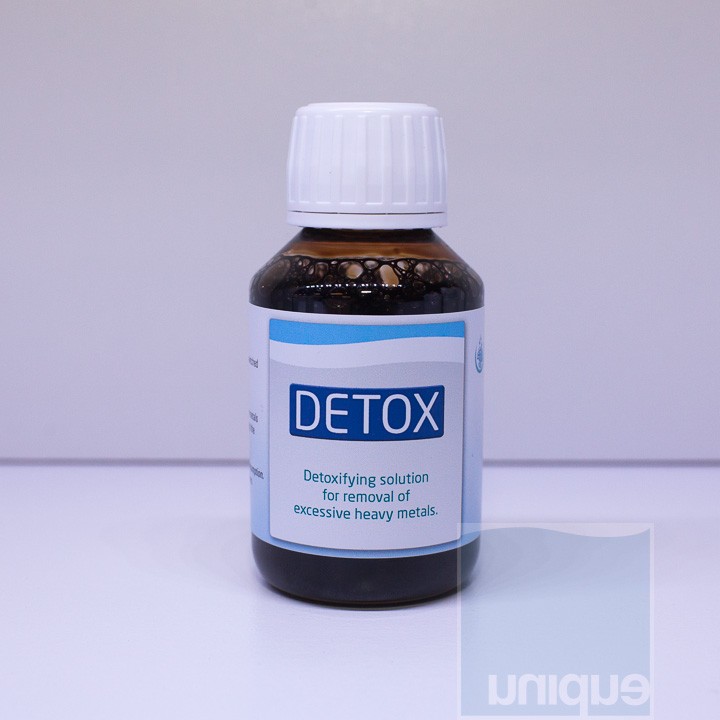- Joined
- Sep 17, 2015
- Messages
- 16
- Reaction score
- 1
I am very interested in the detox product. Could anyone tell me what Metals it does and does not bind?
Also I see the use of Al based PO4 remover is preferred until Al levels build up. Then they switch to GFO for a month then go back. Could someone tell me what the benefit of the Al based product is? Thank you. I really like this approach. I have read as much as I can but sending emails with questions hasn't worked well. I'm sure they get to many to answer. Forget about the hate mail LOL.
Also I see the use of Al based PO4 remover is preferred until Al levels build up. Then they switch to GFO for a month then go back. Could someone tell me what the benefit of the Al based product is? Thank you. I really like this approach. I have read as much as I can but sending emails with questions hasn't worked well. I'm sure they get to many to answer. Forget about the hate mail LOL.










